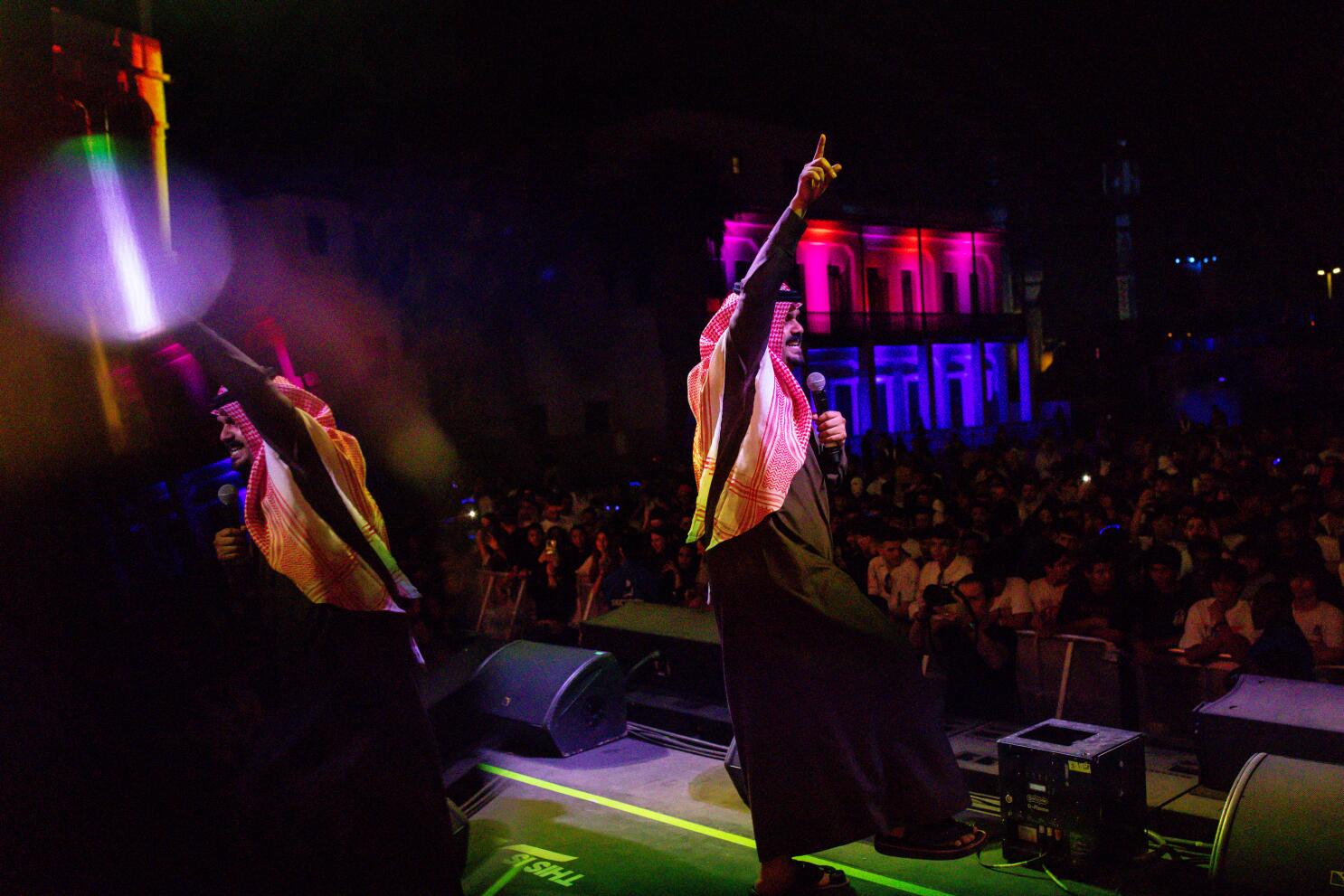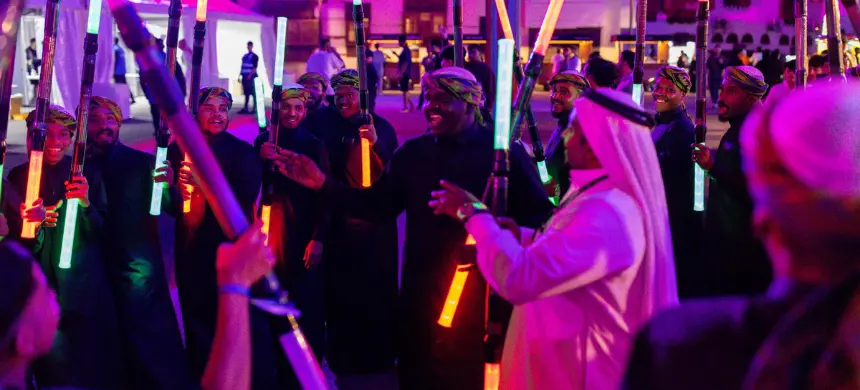Saudi Arabia has introduced its first permanent nightclub, Beast House, located in Riyadh’s Jax District—a lively area known for its artistic community. However, those looking to join will need to pay £1,900 for an annual membership.

Beast House, which is seen as a symbol of ‘a new life’ by excited attendees, offers a range of entertainment options, including DJs, stylish interiors, and socializing opportunities. Despite these features, the venue maintains a strict no-alcohol policy, serving only mocktails and enforcing the rule with security staff.
In recent years, Saudi Arabia has seen significant social changes under King Salman and Crown Prince Mohammed bin Salman. Since 2018, the country has lifted restrictions on women driving, eased dress code requirements, and opened entertainment venues, including movie theaters and now a permanent nightclub.
Saudi DJ Tarek anTabi expressed his excitement about performing in his home country after years of playing abroad, saying, “It means the world to me.” Another attendee, Nouf, shared that she had considered moving abroad before these societal changes but now feels as if she has a “new life.”
The cost of membership at Beast House starts at £1,900 and can go up to £2,800 for premium access. The club features multiple floors, including studio spaces, dining areas, and production rooms with recording booths.
Read More: Saudi Arabia rejects recognizing Israel without Palestinian sovereignty
Ramadan Alharatani, CEO of MDLBEAST, the company behind Beast House, stated that they envision the venue as a key player in Riyadh’s music scene, aiming to nurture local and international talent. The company, supported by Saudi Arabia’s Public Investment Fund (PIF), seeks to reshape the region’s music experience by fostering connections within the creative community.

Saudi Arabia’s increased focus on entertainment and sports is part of the ‘Vision 2030’ initiative, launched in 2016 to diversify the economy beyond oil. The Kingdom has hosted numerous high-profile sporting events in recent years, including boxing matches and football tournaments, as part of its broader strategy to boost the nation’s global image and economic growth.











